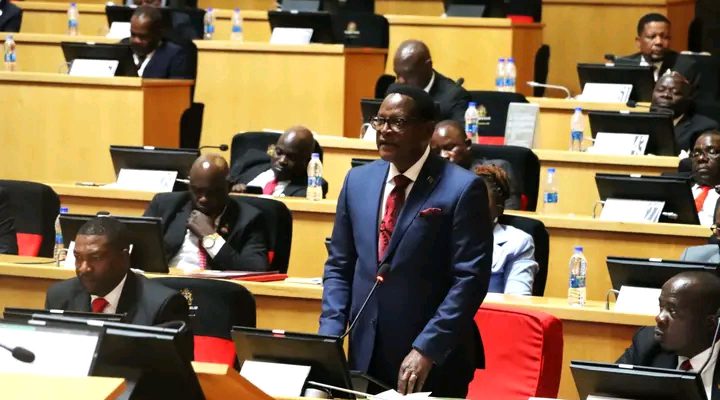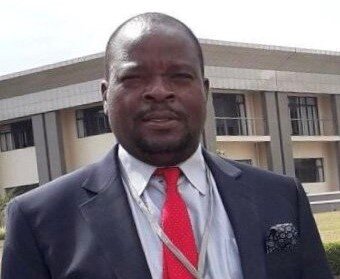
Malawi, a nation built on agriculture, continues to struggle with food insecurity despite being branded as the “Warm Heart of Africa.”
The debate on whether food security begins with selling maize or buying fertilizer has taken centre stage in recent years. At the heart of this question lies the failure of leadership, particularly under President Lazarus Chakwera’s administration.
For decades, Malawi’s agricultural sector has relied heavily on imported fertilizers, a costly input for smallholder farmers who make up the majority of the country’s food producers.
The Affordable Inputs Program (AIP), introduced as a continuation of the Farm Input Subsidy Program (FISP), promised to make fertilizer accessible to the masses. However, under Chakwera’s leadership, the program has been marred by corruption, inefficiency, and mismanagement.
Instead of providing a lifeline to farmers, the AIP has created a dependency trap. Farmers wait for months to receive subsidized inputs, and when these inputs arrive, they are often of low quality or distributed too late to impact the growing season.
Malawi’s smallholder farmers often find themselves in a difficult position after harvesting their crops. With limited storage facilities and immediate financial needs, they are forced to sell their maize at rock-bottom prices to middlemen and traders.
Once the lean season begins, the same farmers are forced to buy back the maize they sold, now at exorbitant prices. This vicious cycle has left many households in perpetual poverty, unable to invest in their farms or break free from food insecurity.
President Chakwera’s government has failed to address these systemic issues. Despite lofty promises of transforming Malawi’s agricultural sector, his administration has been unable to implement policies that empower farmers or ensure food security.
Instead of tackling the root causes of Malawi’s agricultural challenges, Chakwera has focused on political alliances and luxury spending. His administration’s lack of accountability in managing AIP funds and its inability to provide lasting solutions have left the nation worse off.
To break free from this cycle, Malawi needs leadership that prioritizes agricultural reform. Policies should focus on:
1. Investing in Agro-Processing and Storage: This would allow farmers to store their produce and sell it at fair market prices.
2. Promoting Organic Fertilizer and Sustainable Farming: Reducing reliance on imported fertilizers will empower local farmers and protect the environment.
3. Strengthening Market Linkages: Ensuring farmers have access to reliable and fair markets will improve their incomes and food security.
Whether food security starts with selling maize or buying fertilizer is a question of prioritization and vision. However, under Chakwera’s administration, neither aspect has been addressed effectively. Malawi needs bold leadership that focuses on long-term solutions rather than political expediency.
Until such leadership emerges, Malawians will remain stuck in a cycle of hunger and poverty, with little hope for a brighter agricultural future.















There are numerous factors that constitute to food insecurity in Malawi.
What are they? Other than leadership failure?